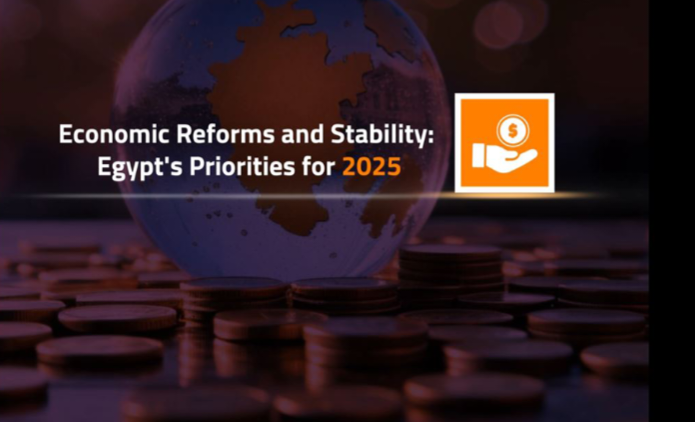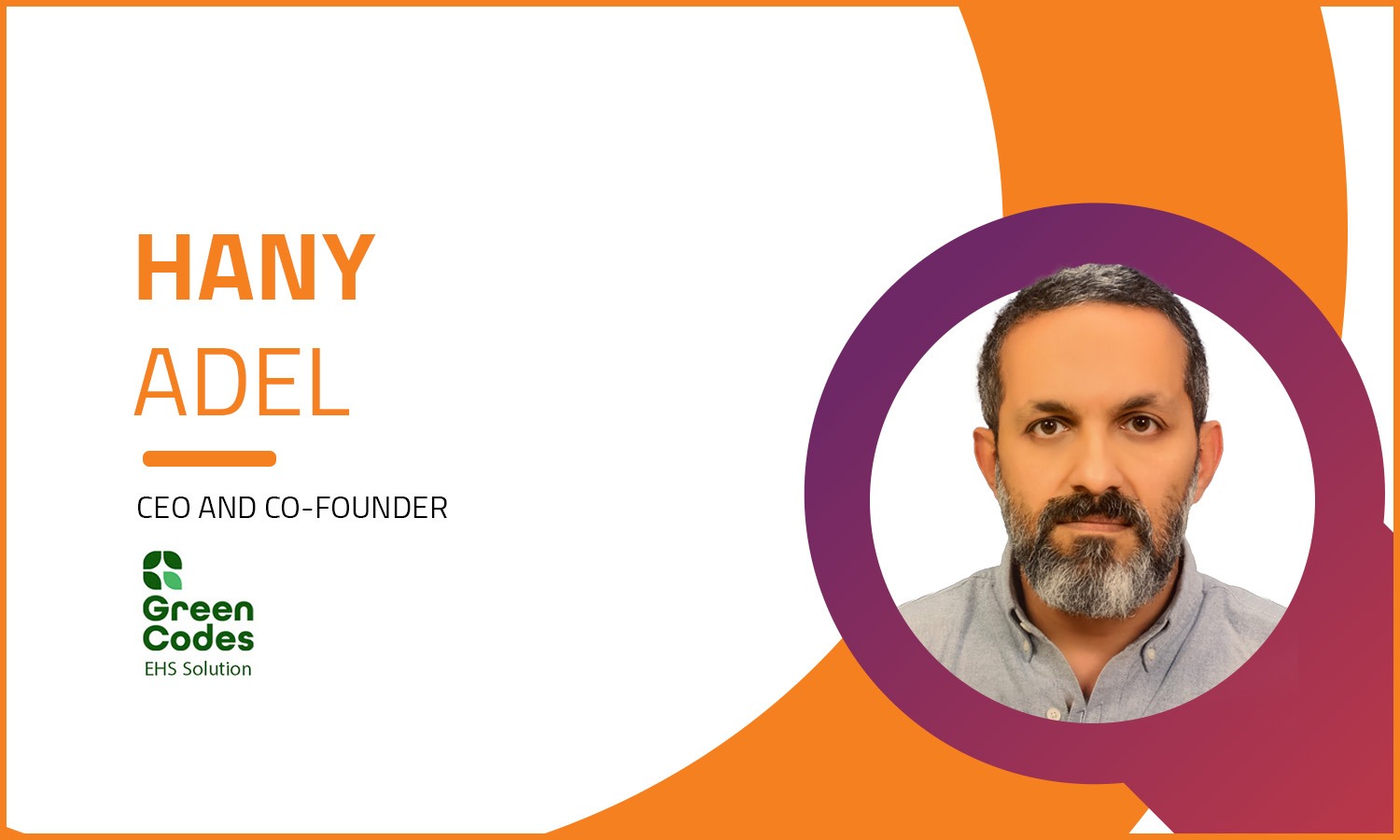Mining Reforms: Egypt's Roadmap to Boost Gold Exports
Updated 12/24/2024 8:00:00 AM
Egypt is setting its sights on becoming one of the world’s top gold exporters by 2025, a goal reflecting its ambition to enhance its economy and diversify revenue sources.
With substantial gold reserves and a rich mining history, Egypt is strategically positioning itself to capitalize on the growing global demand for gold. To achieve its target, the Egyptian government is implementing a series of initiatives to boost gold production and refine its export strategies.
Fueling Gold Export Growth
Egypt has an estimated geological reserve of 7.36 million ounces of gold, Minister of Petroleum and Mineral Resources Karim Badawi stated last July during the third Edition of the Egypt Mining Forum (EMF) 2024.
Speaking at the forum, Badawi also said that Egypt's current gold production is 560,000 ounces per year, with a target to reach 800,000 ounces by 2030.
Gold expert Bahaa Tahseen highlights Egypt’s historical expertise in producing outstanding gold jewelry, telling Arab Finance, “Egypt is not trying to cope with the current circumstances of expensive gold prices as it is now capable of producing premium jewelry that are balanced in quality and price."
As Egypt is motivated to boost its gold exports to become one of the top exports globally, Dina Samir ElWakkad, an economics instructor and economist, outlines that Egypt’s drive to enhance its gold exports by 2025 is underpinned by several economic and strategic factors.
“The global gold price increase has underscored the economic viability of expanding production, making gold an attractive source of foreign currency. Egypt’s government aims to diversify its export portfolio, reducing reliance on traditional sectors like energy and agriculture,” she adds.
“Recent reforms in mining laws, coupled with tax and royalty incentives, have encouraged investment from both local and foreign investors in the gold sector. Additionally, gold is viewed as a hedge against inflation and economic uncertainty, aligning with Egypt’s macroeconomic stabilization goals under IMF-backed reforms,” as per ElWakkad.
Egypt hosted the 4th edition of Nebu Expo for Gold & Jewelry in the past few days. Commenting on this, Tahseen points out, “The exhibition is global and it provided a platform for many Egyptian products with very high quality and finish.”
Carrying out a legislative and procedural revolution, Egypt has succeeded once again to be among the leading countries in this field, with exports exceeding $2.9 billion to 37 countries, including 15 new markets, Ahmed Al-Wakeel, President of the General Federation of Egyptian Chambers of Commerce, confirmed at Nebu Expo for Gold & Jewelry 2024.
Beyond exports, the government is prioritizing the value-added gold industry by Egyptian hands. The New Administrative Capital’s Gold City supports this effort. Spanning an area of 150 acres, the city will feature 400 technical workshops for gold production, 150 educational workshops, and an industrial educational school.
It complements the Egypt Gold School for Applied Technology in Obour, which operates on a dual system, according to the General Federation of Egyptian Chambers of Commerce (FEDCOC).
Supporting Export Targets, Leveraging Global Market
The Egyptian government is working on attracting investments into the gold mining sector to boost production, and accordingly, increase exports.
Earlier in December, the Ministry of Petroleum and Mineral Resources announced successfully finalizing the amended Mineral Exploitation Agreement Model. This agreement reflects the government's commitment to improving the investment climate and fostering a mutually beneficial framework, aligning with Egypt's broader strategy for modernizing the mining sector.
In November 2024, Minister of Petroleum Karim Badawi declared the ongoing plan for gold and associated mineral explorations. These include two annual bid rounds based on a royalty, tax, and profit-sharing system, covering an extensive area of approximately 36,000 square kilometers.
Egypt further plans to launch a Digital Mining Platform in early 2025. This platform is expected to streamline operations, attract investments, and revolutionize mining activities.
“Bid rounds are instrumental for fostering a competitive and transparent investment environment. By adopting best international practices, the country ensures the bid rounds’ process is appealing to global mining firms. This way the most capable firms are selected and untapped gold reserves are unlocked,” ElWakkad points out.
She continues, “Flexible terms and less bureaucratic hurdles make Egypt an attractive destination for investors. The success of bid rounds further signals the government’s commitment to modernizing the mining sector, enhancing the country’s reputation as a reliable mining destination.”
Attracting foreign investments to the gold mining phase drives production and exports. ElWakkad emphasizes, “To maximize the potential of foreign investments in the gold sector, Egypt can prioritize infrastructural development and streamline regulatory frameworks. Investments in advanced mining technologies and workforce training will enhance efficiency and output.”
“Public-private partnerships can facilitate knowledge transfer while mitigating investment risks. Furthermore, Egypt’s strategic geographical location, with access to both African and Middle Eastern markets, makes it an attractive destination for global investors,” she explains.
“Strengthening bilateral trade agreements and ensuring political and economic stability will also be critical in building investor confidence,” ElWakkad notes.
Global market dynamics are poised to boost gold exports in the coming period. Hence, ElWakkad illustrates, “The current global economic climate is characterized by inflationary pressures and geopolitical uncertainties, which drive gold prices to near-record levels. This presents a significant opportunity for Egypt to position itself as a key supplier in the global market.”
“The country can capitalize on its large untapped reserves to meet rising international demand. By exploring niche markets, such as ethical gold production and certified supply chains, Egypt can differentiate itself in the global arena,” according to ElWakkad.
To be among the top exporters, Egypt looks at its peers in the global market and sees what suits the current phase . Tahseen explains, “Gold jewelry from Türkiye or Italy, for example, is supported by high financial accessibility, providing high-quality and finish with lightweight products.”
Therefore, “Egypt is now also providing lightweight, high-quality gold jewelry due to the high gold prices,” he adds.
Egypt's ambitious goal of becoming one of the world’s top gold exporters by 2025 reflects its rich natural resources and strategic vision for economic diversification and growth.
With substantial gold reserves and a commitment to modernizing its mining sector, the Egyptian government is taking significant steps to enhance production and attract foreign investment to boost gold exports.
By Sarah Samir
Related News









